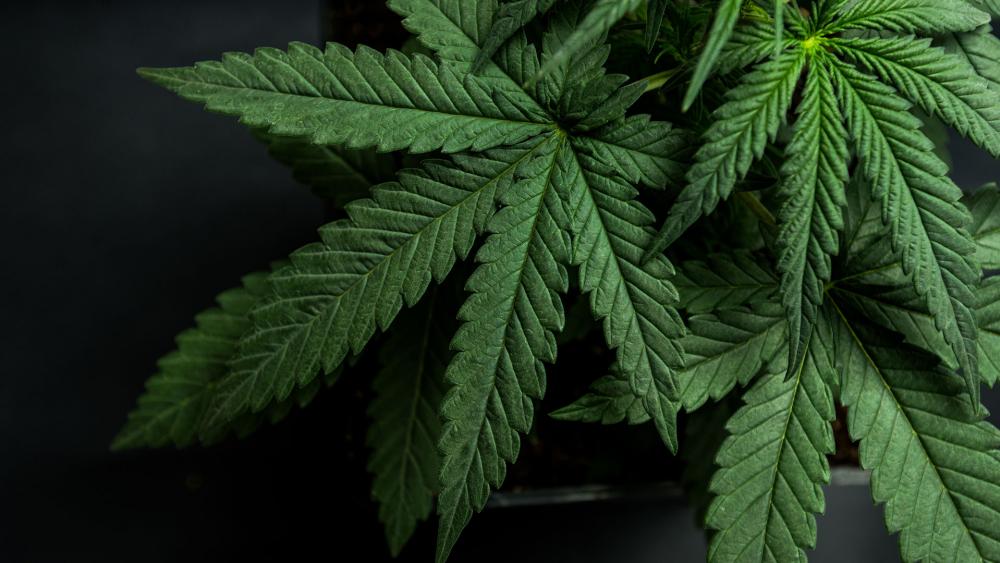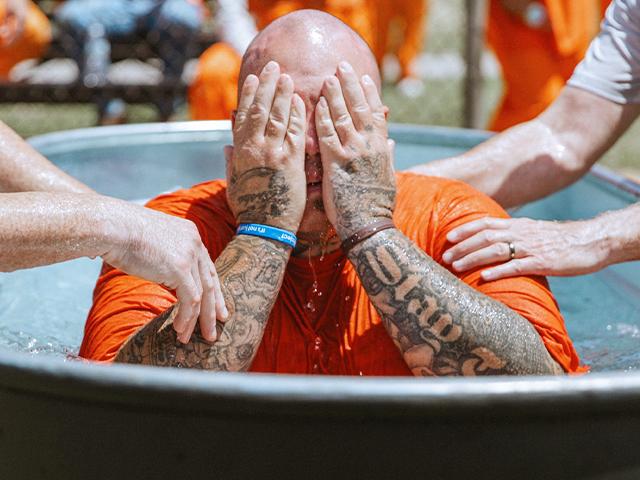Researchers have uncovered new evidence pointing to a possible link between heavy marijuana use and schizophrenia in young men.
The study – published in the journal Psychological Medicine on May 4 – was led by researchers at the Mental Health Services in the Capital Region of Denmark and the National Institute on Drug Abuse (NIDA) at the National Institutes of Health (NIH).
The scientists analyzed the health records of 6.9 million people in Denmark over the last 50 years to estimate the fraction of schizophrenia cases that could be attributed to "cannabis use disorder" (CUD) on the population level.
Researchers found strong evidence of an association between CUD and schizophrenia among men and women, though the association was much stronger among young men.
The study authors estimated that as many as 30% of cases of schizophrenia (about 3,000 in total) among men aged 21-30 might have been prevented by averting "cannabis use disorder."
 The Danish study does not offer hard-and-fast proof of the cannabis-schizophrenia connection, which could be accomplished only through randomized controlled trials. But the link is supported by the fact that marijuana use and potency have risen markedly – from 13 percent THC content in Denmark in 2006 to 30 percent in 2016 – alongside a rising rate in schizophrenia diagnoses, according to Scientific American.
The Danish study does not offer hard-and-fast proof of the cannabis-schizophrenia connection, which could be accomplished only through randomized controlled trials. But the link is supported by the fact that marijuana use and potency have risen markedly – from 13 percent THC content in Denmark in 2006 to 30 percent in 2016 – alongside a rising rate in schizophrenia diagnoses, according to Scientific American.
"Young males might be particularly susceptible to the effects of cannabis on schizophrenia. At a population level, assuming causality, one-fifth of cases of schizophrenia among young males might be prevented by averting CUD," the study's authors wrote. "Results highlight the importance of early detection and treatment of CUD and policy decisions regarding cannabis use and access, particularly for 16–25-year-olds."
"While this isn't proving causality, it's showing that the numbers behave exactly the way they should, under the assumption of causality," Carsten Hjorthøj, the study's lead author and an associate professor at the Mental Health Services in the Capital Region of Denmark and the University of Copenhagen told Scientific American.
Cannabis use disorder and schizophrenia are serious, but treatable, mental disorders that can profoundly impact people's lives, according to the NIH.
People with cannabis use disorder are unable to stop using cannabis despite it causing negative consequences in their lives. Schizophrenia is a serious mental illness that affects how a person thinks, feels, and behaves. People with either disorder should seek medical treatment, the U.S. health agency said.
The researchers said the problem will not soon go away after cannabis laws have been repealed, leading to more use of the drug worldwide. They also pointed to the increasing potency of marijuana being sold and the rise in schizophrenia-related cases. At the same time, however, the public's perception of marijuana as a harmful drug has softened, even though it can have negative and long-term effects on a person's health.
"Increases in the legalization of cannabis over the past few decades have made it one of the most frequently used psychoactive substances in the world, while also decreasing the public's perception of its harm. This study adds to our growing understanding that cannabis use is not harmless and that risks are not fixed at one point in time," Hjorthøj said.
NIDA Director and study coauthor Nora Volkow, M.D. called the rise of substance abuse and mental illnesses "a major public issue."
"The entanglement of substance use disorders and mental illnesses is a major public health issue, requiring urgent action and support for people who need it," Volkow said in a press release. "As access to potent cannabis products continues to expand, it is crucial that we also expand prevention, screening, and treatment for people who may experience mental illnesses associated with cannabis use. The findings from this study are one step in that direction and can help inform decisions that health care providers may make in caring for patients, as well as decisions that individuals may make about their own cannabis use."
Recreational marijuana is fully legal in 22 states and Washington, D.C. In 37 states and D.C., there are comprehensive medical marijuana programs in place, enabling Americans to acquire the drug, The Blaze reported.
Did you know?
God is everywhere—even in the news. That’s why we view every news story through the lens of faith. We are committed to delivering quality independent Christian journalism you can trust. But it takes a lot of hard work, time, and money to do what we do. Help us continue to be a voice for truth in the media by supporting CBN News for as little as $1.












 Support CBN News
Support CBN News







